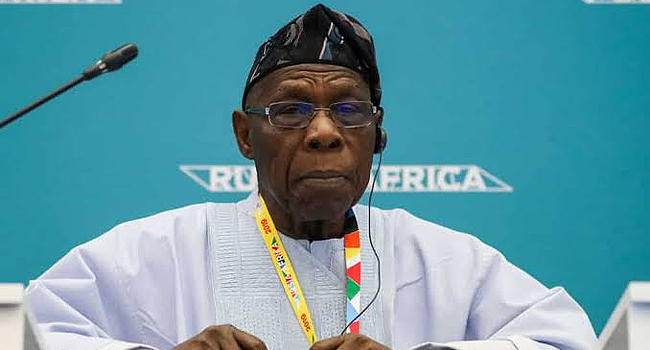The Multinational Joint Task Force (MNJTF) has taken a strong and resolute stance against gender-based violence amidst its operations, according to the Commander, Major General Ibrahim Sallau Ali.
In a statement delivered by Lieutenant Colonel Abubakar Abdullahi, the MNJTF’s Chief of Military Public Information, Gen Ali affirmed the force’s commitment to combating sexual abuse and gender-based violence in conflict environments.
The statement was made during the opening ceremony of a workshop on sexual abuse and gender-based violence, held in N’Djamena, Chad on Monday. The workshop aimed to enhance the participants’ understanding of the complexities surrounding sexual exploitation and gender-based violence in operational contexts.
Highlighting the MNJTF’s significant achievements in rescuing numerous women and girls from the clutches of terrorists in recent years, Gen Ali underscored the force’s dedication to upholding human rights and ensuring the protection of vulnerable populations. The MNJTF has played a vital role in alleviating the suffering of those affected by conflict, particularly women and girls who have been subjected to various forms of abuse and violence.
Gen Ali expressed his appreciation to the African Union Mission Support Team for organizing the training, recognizing the critical importance of addressing and preventing gender-based violence within the operational framework. By equipping participants with the necessary knowledge and skills, the workshop aimed to strengthen efforts in combating these heinous crimes and promoting a culture of respect and dignity.
The MNJTF’s unwavering stance against gender-based violence during operations reflects its unwavering commitment to creating a safe and secure environment for all individuals affected by conflict and instability. By actively addressing this issue, the force sends a powerful message that such acts will not be tolerated, and the rights and well-being of all people must be protected.
The MNJTF’s dedicated efforts to combat gender-based violence contribute to the broader global agenda of promoting gender equality, human rights, and peace. It is through such collective actions that progress can be made in eliminating violence and ensuring the safety and well-being of all individuals in conflict-affected regions.











